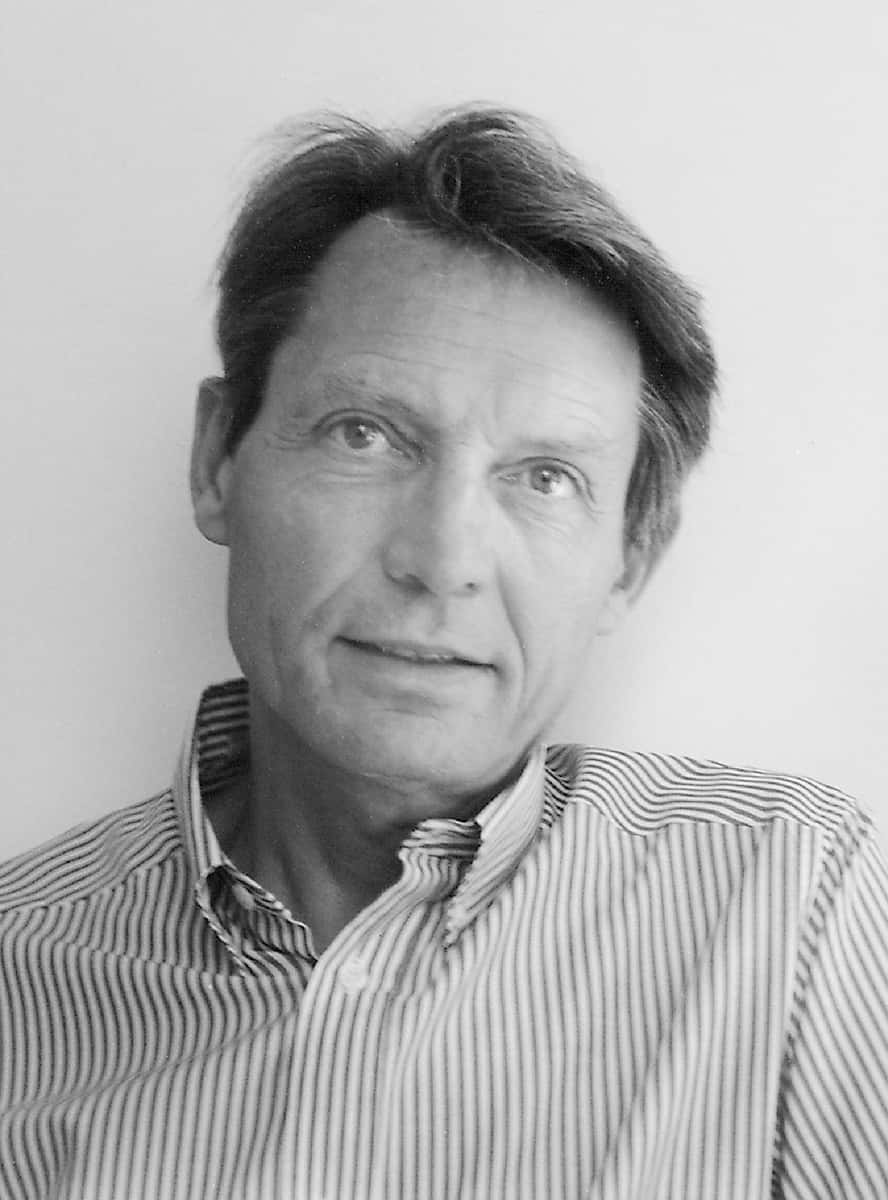Jean-Claude Risset
Born in 1938, composer Jean-Claude Risset studied the piano, musical writing, then musical composition with André Jolivet, in parallel with his scientific studies at the Ecole Normale Supérieure. While he has always written instrumental works, from the Prélude for orchestra of 1963 to Filtres for two pianos, from Phases for large orchestra to Triptyque for clarinet and orchestra, he is most well known as one of the principal pioneers of computer sound synthesis along with Max Mathews and John Chowning.
At Bell Laboratories in the 1960s, he realized imitations of acoustic instruments and psychoacoustic paradoxes and illusions, auditory equivalents of the etchings of Escher. He created in Orsay the first European system for the digital synthesis of sounds. At the beginning of IRCAM, he was asked by Pierre Boulez to direct the computer music department. More recently, he has pursued his computer music research at the Laboratoire de Mécanique of the CNRS in Marseille.
In works like Little Boy, Mutations, Songes, or Sud, Jean-Claude Risset uses computer synthesis to sculpt sound; he renders it expressive and musical. He goes beyond composing with sounds in order to compose sound itself, playing with the time that is in the sounds rather than merely playing sounds in time.
He has composed numerous mixed works, closely marrying instruments and voices with computer-generated sounds. As composer-in-residence at the M.I.T. Media Lab in 1989, he created for the first time a work, Duo pour un pianiste, in which a pianist is accompanied, on the same piano, by a computer double-sensitive to his playing.
He obtained the Prix Ars Electronica of 1987, the Grand Prix National de la Musique (1990), the first prize of computer music (1980), l’Euphonie d’Or (1992), the prix Magisterium of Bourges (1998) and the gold medal of the CNRS (1999). His works appear on twelve compact disks, notably the monographic disks INA C1003, WERGO 2013-50 and GMEM EI-06.

